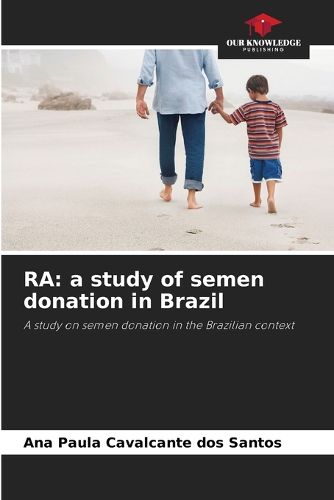Readings Newsletter
Become a Readings Member to make your shopping experience even easier.
Sign in or sign up for free!
You’re not far away from qualifying for FREE standard shipping within Australia
You’ve qualified for FREE standard shipping within Australia
The cart is loading…






This book presents doctoral research into semen donation in Brazil. It investigated the factors that motivate men to donate gametes anonymously and free of charge to a semen bank, with the aim of procreating infertile people who are undergoing assisted reproduction treatments. The material researched points to the fact that both the practice and the donors are usually associated with utilitarianism, pecuniary gain and deviant behaviour, and even some of the agents found it difficult to assume they were altruistic. The phenomenon could be explained by various historical and cultural factors. However, based on a set of interviews conducted with donors and Marcel Mauss' Theory of the Gift, it was found that, for part of the group, the experience of donating involved conflicts that were overcome in order to fulfil their life goal, or "life mission".
$9.00 standard shipping within Australia
FREE standard shipping within Australia for orders over $100.00
Express & International shipping calculated at checkout
This book presents doctoral research into semen donation in Brazil. It investigated the factors that motivate men to donate gametes anonymously and free of charge to a semen bank, with the aim of procreating infertile people who are undergoing assisted reproduction treatments. The material researched points to the fact that both the practice and the donors are usually associated with utilitarianism, pecuniary gain and deviant behaviour, and even some of the agents found it difficult to assume they were altruistic. The phenomenon could be explained by various historical and cultural factors. However, based on a set of interviews conducted with donors and Marcel Mauss' Theory of the Gift, it was found that, for part of the group, the experience of donating involved conflicts that were overcome in order to fulfil their life goal, or "life mission".